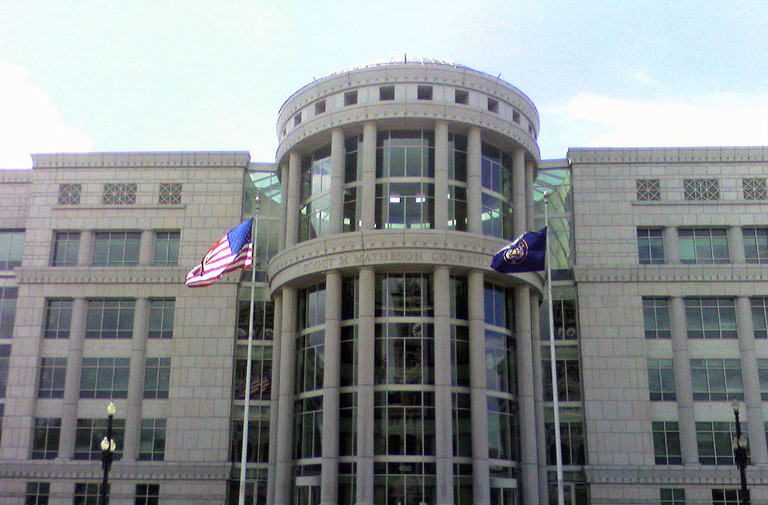Utah Bar Exam Shake-Up: Supreme Court Greenlights Skills-Based Alternate Pathway to Licensure – No More Cram Sessions?
In a seismic shift for aspiring lawyers nationwide, the Utah Supreme Court just unlocked a game-changing door to the legal profession—one that swaps grueling bar exam marathons for real-world hustle. Say goodbye to $2,000 prep bills and endless flashcards; hello to 240 hours of hands-on lawyering that could fast-track your career without the stress.
The Utah bar exam alternative, skills-based bar licensure, alternate pathway Utah, and bar exam reform 2025 are exploding in legal circles as the Beehive State’s high court approved the Alternate Pathway to Attorney Licensure on September 24, 2025. This isn’t a shortcut—it’s a smarter route for Juris Doctor grads from ABA-accredited schools, blending supervised practice, coursework, and a practical skills exam to prove you’re courtroom-ready from day one. Kicking off applications January 1, 2026, the program builds on Utah’s 2020 COVID-era “diploma privilege” experiment, where 360-hour apprenticeships licensed grads without incident, proving hands-on training works.
Diving into the nuts and bolts: Eligible applicants—fresh JD holders who’ve nailed required law school skills courses—must log 240 hours under a qualified supervising attorney, tackling real cases from client letters to memos. Add a three-hour “attorney skills exam” from the Utah State Bar—think drafting a persuasive brief in a closed-law universe, no cramming needed—and 50 hours of pro bono to sharpen public service chops. All this wraps in 12 months, with a well-being training module thrown in for good measure. No bar exam failures allowed, and it’s Utah-only—no reciprocity perks like the Uniform Bar Exam offers. The Bar’s FAQ stresses it’s equally rigorous, drawing from a 2023 task force report slamming the traditional exam as a “test of privilege” that widens racial and economic gaps.
Utah State Bar Executive Director Elizabeth Wright calls it a nod to diverse learners: “One size doesn’t fit all—providing an option equips those who excel outside traditional exams with practical skills for success.” Associate Chief Justice John A. Pearce, who chaired the 15-member working group of judges, attorneys, and profs, adds: “This isn’t about easing entry; it’s smarter. Graduates skip unpaid study slogs and thousands in costs, emerging client-focused and confident.” Brigham Young University law prof Catherine Bramble, a group member, dishes on the old model’s flaws: “The bar exam tests memorization, not practice. It’s become a privilege check—can you drop $4,000 on prep and quit your job for 10 weeks?” She eyes national ripple: “Utah’s replicable model could inspire states everywhere.”
Online, Reddit’s r/barexam subreddit is ablaze with J25 takers musing, “If Utah’s dropping this, why grind the UBE?”—one thread hit 200 upvotes debating the 240-hour grind versus exam dread. LinkedIn buzz from Law.com echoes Bramble’s vibe, with commenters hailing it as “long-overdue reform” amid 103 public comments mostly in favor. Utah joins Oregon (2023 apprenticeship pioneer), Washington (2024 follower), and Arizona’s 2024 retry program, part of a wave where nine states tinker with pilots.
For U.S. readers, this bar exam reform 2025 bombshell resonates big. Economically, it slashes entry barriers in a $400 billion legal industry facing shortages—think more diverse talent flooding firms, boosting billables without the $1.2 billion annual bar-prep black hole. Lifestyle win for millennials and Gen Z lawyers: Ditch the burnout of full-time cramming; instead, earn while learning, aligning with remote-work flex and side-hustle culture. Politically, it amps diversity pushes—minorities often lag on exams due to access gaps—tying into Biden’s equity agendas and 2026 midterms’ labor reform chatter. Tech twist? As AI drafts briefs, skills-based paths emphasize human judgment, future-proofing the bar against automation waves.
User intent? Aspiring attorneys Googling “Utah alternate pathway to bar” crave the how-to: Scan the Bar’s site for supervising attorney hunts (no CLE credit yet, but training’s free), or switch mid-path to UBE sans penalty. For firm bosses, it’s a hiring hack—snag practice-ready newbies sans study leave, per Bar perks. Management pro tip: Pair this with mentorship programs to retain talent in high-turnover Big Law.
As the Utah bar exam alternative rolls out alongside the NextGen Bar in 2028, expect more states eyeing skills-based bar licensure for inclusive, effective gateways. This pathway doesn’t just license lawyers—it redefines readiness, promising a bench of battle-tested pros for America’s justice machine.
By Sam Michael
Follow us and subscribe for push notifications to stay ahead on breaking legal news and career breakthroughs—your key to the courtroom climb.
